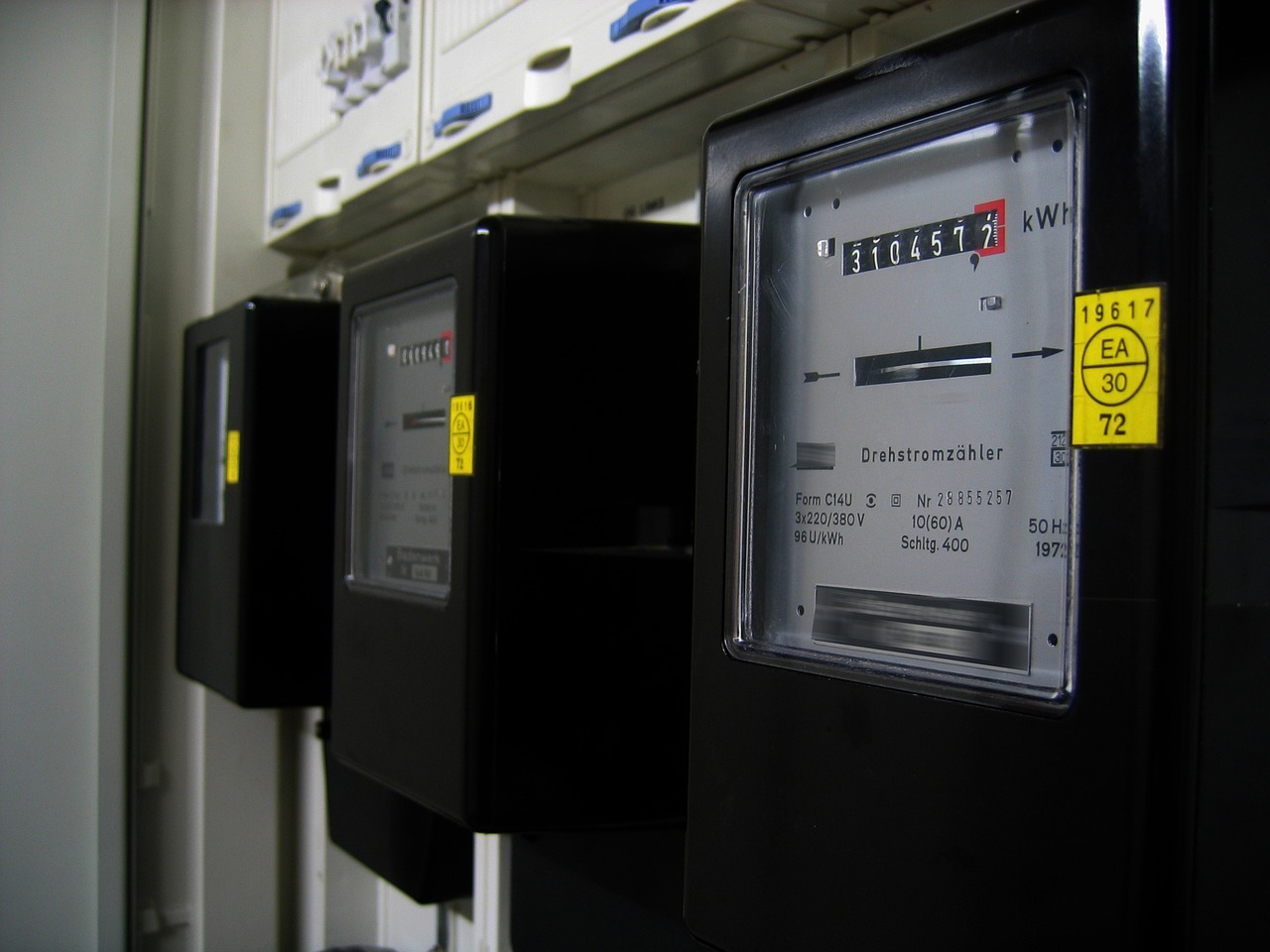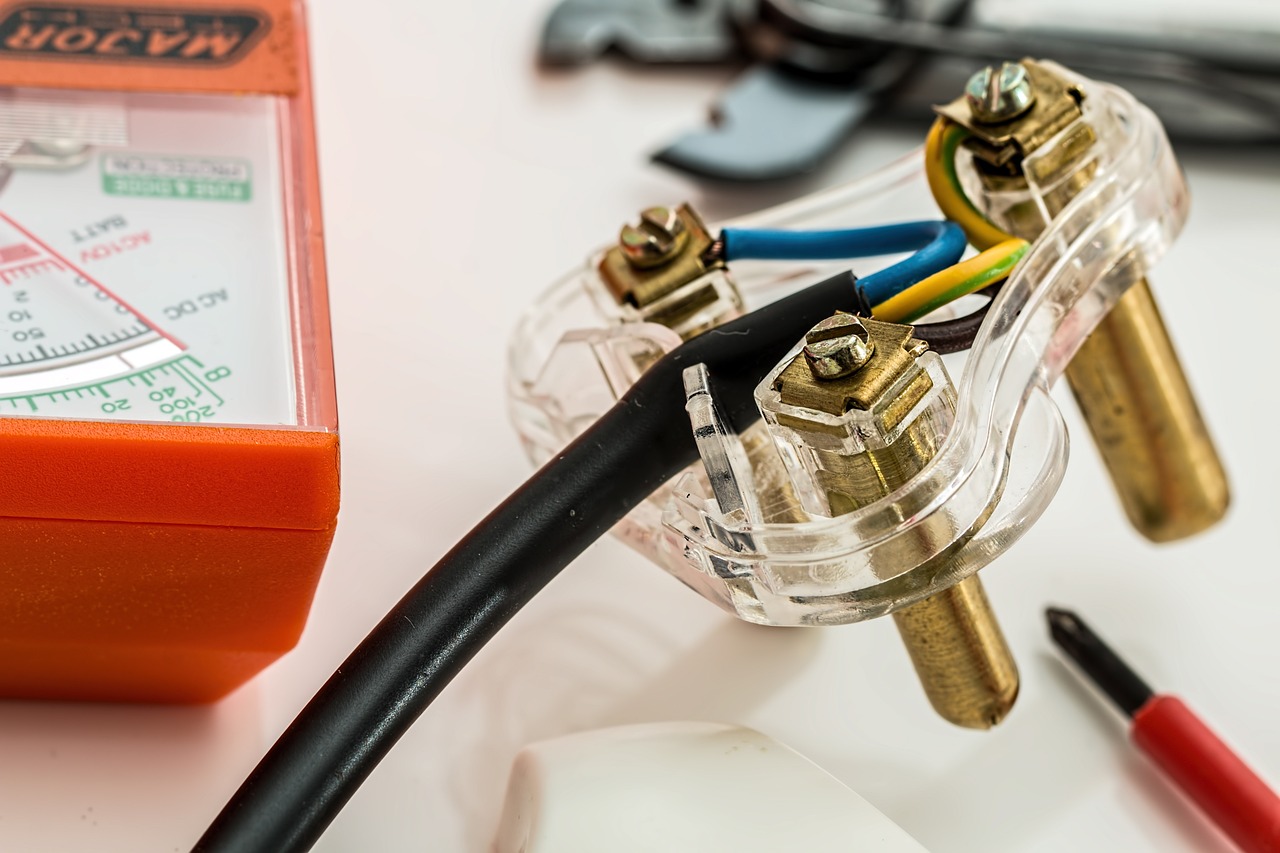Are you an electric contractor about to embark on a rewiring project? Congratulations! But before you begin, it’s important to consider how you will manage the waste and recycling that will inevitably come with the job.
Proper waste management and recycling is not only good for the environment, it’s also a crucial aspect of any rewiring project. From identifying and sorting materials to properly disposing of hazardous waste, electric contractors must take responsibility for their impact on the environment.
In this article, we will discuss best practices for waste management and recycling during rewiring projects to ensure that you can complete your project with confidence and environmental responsibility.
Preparing for a Rewiring Project: Waste Management Planning
Don’t let the waste pile up – start planning your rewiring project’s waste management now. Waste minimization and cost management are two important factors that electric contractors should consider when preparing for a rewiring project.
It’s important to assess the amount of waste that will be generated and come up with a plan to handle it efficiently. One way to minimize waste is to use materials that are recyclable or reusable. You can also donate any salvageable materials to charities or organizations that can make use of them.
Another way to manage waste is to segregate it properly and dispose of it in an environmentally responsible way. This includes ensuring that hazardous or toxic materials are handled and disposed of safely. By planning for waste management ahead of time, you can save time, money, and reduce your impact on the environment.
Identifying and Sorting Materials
You’ll need to start by identifying and sorting all the materials you’ll be working with when managing waste and recycling during rewiring projects. Material handling refers to the process of moving, storing, and processing materials, and this is a critical aspect of waste management planning.
You must first analyze the waste stream to determine the types and amounts of materials you’ll be dealing with. Some common materials you may encounter during a rewiring project include wires, cables, conduits, electrical panels, and fixtures.
Once you have identified the materials, you must sort them into different categories based on their properties. For example, you may need to separate non-hazardous from hazardous materials, metal from non-metal, or recyclable from non-recyclable materials.
Proper sorting is important because it helps increase the efficiency of the waste management process and ensures that materials are disposed of or recycled appropriately. In addition, it can help reduce the risk of accidents or injuries that may result from mishandling materials.
Overall, identifying and sorting materials is a critical step in waste management planning for rewiring projects.
Recycling Options for Electrical Materials
Looking for ways to dispose of old electrical materials? There are plenty of recycling options available for you! Recycling is a great way to reduce waste and save natural resources.
Electrical contractors can take advantage of various recycling programs to dispose of their old materials in an eco-friendly way. One option is to recycle copper wiring and other metal components. These materials can be melted down and reused for new products.
Another option is to donate old fixtures and appliances to charity organizations or upcycle them into new items. Recycling is a landfill alternative, keeping waste out of landfills and reducing greenhouse gas emissions. By choosing to recycle, electric contractors can do their part in protecting the environment and promoting a sustainable future.
Proper Disposal of Hazardous Waste
Properly disposing of hazardous waste is crucial for ensuring the safety of both people and the environment. As an electric contractor, it’s important to be aware of hazardous waste disposal regulations in your area.
Hazardous waste includes items such as lead batteries, fluorescent bulbs, and old electronics. These items can’t be thrown away in regular trash and must be disposed of properly to avoid harm to the environment and people.
Environmental regulations require hazardous waste to be disposed of in a specific manner. There are specialized facilities that handle hazardous waste disposal, and it’s important to find one in your area to properly dispose of these materials. Some facilities may require pre-registration or have specific drop-off hours, so it’s important to plan ahead.
As an electric contractor, it’s your responsibility to properly dispose of hazardous waste to ensure the safety of your clients and the environment.
Ensuring Environmental Responsibility: Best Practices for Electric Contractors

Ensuring environmental responsibility is a must for electricians who want to protect the planet and their clients. One way to do this is by implementing sustainability initiatives during rewiring projects. This includes using energy-efficient lighting and appliances, as well as properly disposing of any hazardous waste. Not only does this help the environment, but it also helps clients save money on their energy bills.
Another way to demonstrate environmental responsibility is by obtaining green certifications. These certifications show that the electric contractor meets certain environmental standards and has implemented sustainable practices. Some examples of certifications include LEED certification, which focuses on green building practices, and ENERGY STAR certification, which recognizes energy-efficient products.
By obtaining these certifications, electric contractors can show their commitment to sustainability and attract environmentally conscious clients.
Frequently Asked Questions
What are the potential consequences of improper waste management during rewiring projects?
If you don’t use proper disposal methods during rewiring projects, you risk causing serious environmental impact. Improper waste management can lead to pollution, health hazards, and legal consequences. It’s important to dispose of materials responsibly.
Are there any regulations or laws that electric contractors need to follow when disposing of waste from rewiring projects?
You need to be aware of waste disposal regulations and the environmental impact when disposing of waste from rewiring projects. Proper disposal methods include recycling and following local laws to prevent harm to the environment.
How do electric contractors handle the disposal of old or outdated electrical equipment?
When disposing of old or outdated electrical equipment, you can recycle them through designated programs or use disposal techniques such as secure storage and proper transportation to authorized facilities.
Can hazardous waste from rewiring projects be reused or recycled in any way?
You may be able to find reuse options or recycling opportunities for hazardous waste from rewiring projects. Check with local recycling centers or hazardous waste disposal facilities for more information.
How do electric contractors ensure that their waste management practices align with sustainable and environmentally responsible principles?
Ensure that your waste management practices align with sustainable and environmentally responsible principles by implementing sustainable practices such as reducing waste, recycling materials, and properly disposing of hazardous waste. Minimize your environmental impact by choosing eco-friendly options and partnering with recycling facilities.
Conclusion
Congratulations, you’ve successfully completed your rewiring project! But before you pack up and move on to your next job, it’s important to take a moment to consider waste management and recycling.
As an electric contractor, you have a responsibility to ensure that your project’s waste is disposed of properly and that any recyclable materials are salvaged. By properly identifying and sorting materials, you can maximize your recycling options and reduce your environmental impact.
Be sure to separate out any hazardous waste, such as old light bulbs or batteries, and dispose of them appropriately. By following best practices and incorporating waste management planning into your project from the beginning, you can help promote environmental responsibility and ensure a job well done.



